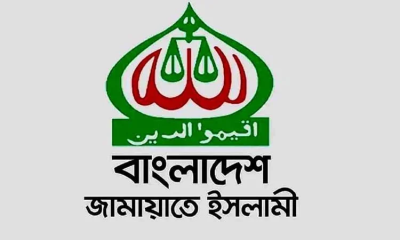The US State Department says Bangladesh’s human rights situation has gradually stabilized since the power shift following the tumultuous July uprising, but several concerns persist.
In its annual 2024 Country Reports on Human Rights Practices: Bangladesh, released Tuesday, the State Department noted that press freedom has improved significantly under the interim government, although some journalists still report facing “invisible pressure” on what can be published.
The report reviews alleged human rights abuses under the previous Awami League government, including extrajudicial killings, enforced disappearances, torture, arbitrary arrests, cross-border repression, restrictions on freedom of expression and media, limitations on labor rights, violence against labor activists, and child labor. It states that allegations of impunity for security forces were widespread, with little action taken to identify or punish perpetrators.
Following the August 8 appointment of Nobel laureate Muhammad Yunus as chief adviser of the interim government, authorities began prosecuting former officials over human rights violations. The report also cites credible accounts of abuses by the Awami League’s student wing, the Bangladesh Chhatra League, during July and August. The interim administration has worked with the United Nations and used both the national judicial system and the International Crimes Tribunal to ensure accountability.
On press freedom, the report states that while the constitution guarantees freedom of expression, the previous government regularly violated this right, with journalists facing harassment, arrest, and censorship. In September, the interim government announced it would drop more than 1,000 cases filed under the Cyber Security Act (CSA), the repealed Digital Security Act (DSA), and the ICT Act against individuals for anti-Hasina political expression, and release all those detained in such cases.
Statistics from local human rights groups reveal that between January and August 2024, 388 journalists were attacked or harassed, including five shot during the July-August student protests. Under the previous government, independent media outlets faced financial and political pressure, with critical reporting often met with punitive measures.
The State Department also noted that since the political transition, some journalists linked to the former ruling party have been arrested on charges ranging from extortion to crimes against humanity, though in some cases the evidence was weak.
While acknowledging significant improvements in press freedom and reductions in overt repression under the interim government, the report concludes that “certain invisible pressures” still remain, and broader human rights reforms are necessary.


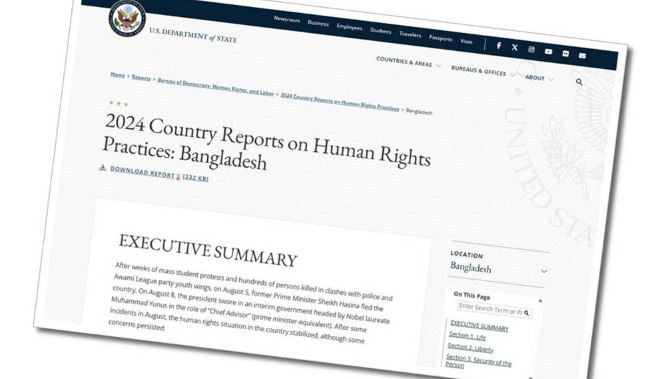



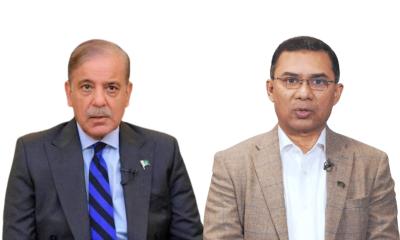

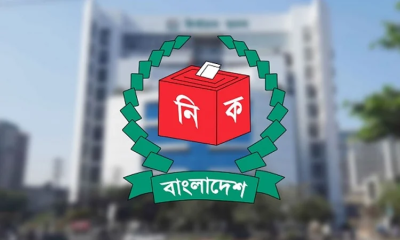
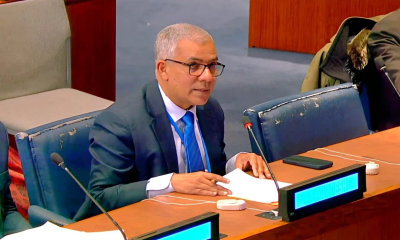
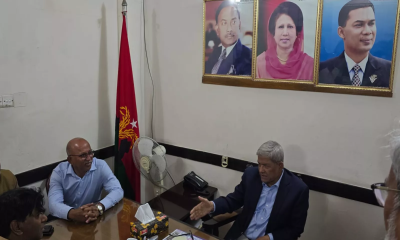
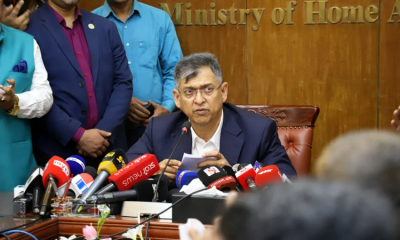
-20260223082704.webp)
-20260223074941.jpeg)
-20260223062301.jpg)



